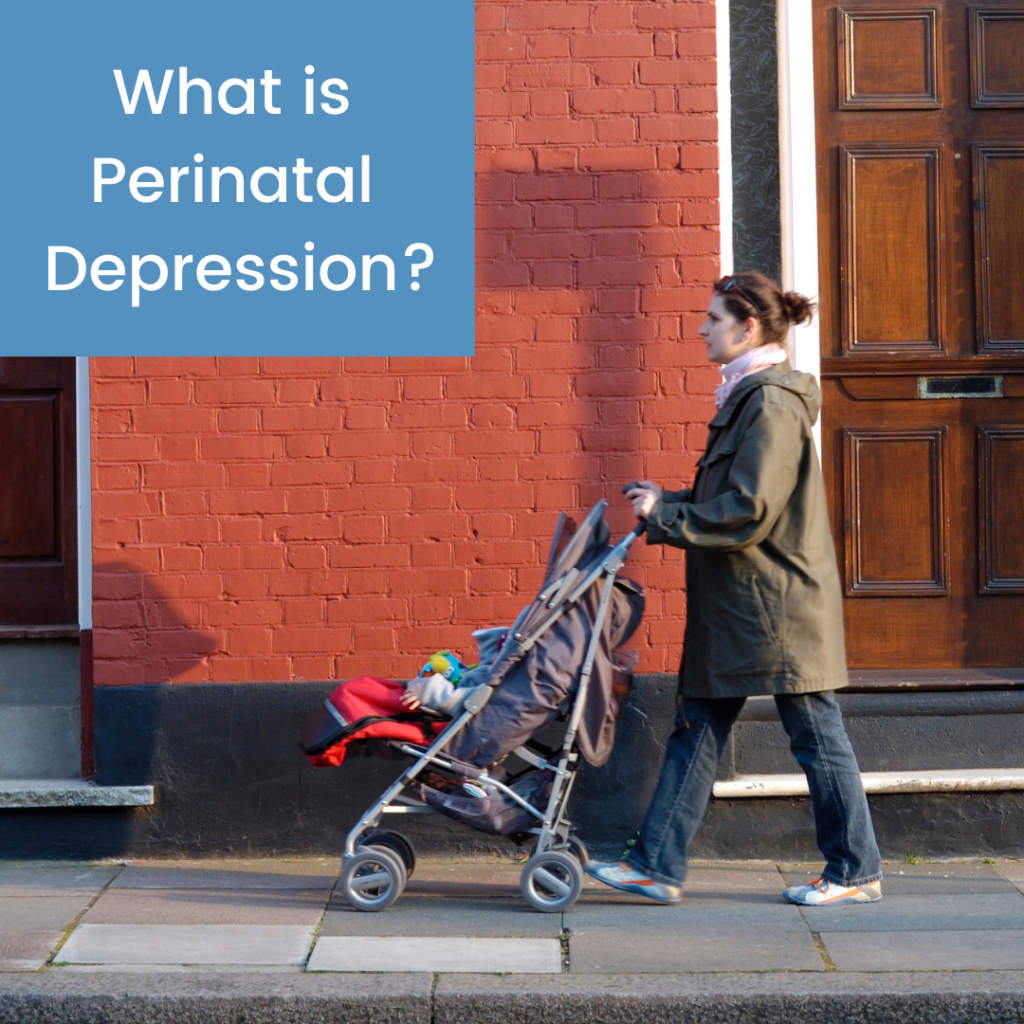
Perinatal depression refers to depression during pregnancy or up to a year after birth. In pregnancy it would be called ‘antenatal depression’ and after giving birth it is called ‘postnatal depression’. It is important to remember that this mood disorder is an illness and is not the mother’s fault or as a result of anything she has done. Changes in hormones during the perinatal period, the life changing event of having a baby and the stress that this can place on the mother as well as other risk factors like a personal or family history of mental illness are thought to be causes of developing depression. If you feel that you are experiencing a persistent low mood, feeling hopeless or finding it difficult to enjoy your baby then don’t be afraid to seek support.
Here is a useful article with more information on the signs and symptoms of perinatal depression and some of the ways it can be treated:
In this video Dr John Sheehan talks about the common symptoms of depression, some important considerations to encourage positive mental health, and how to seek help for postnatal depression:
In the early days after having a baby, some low mood is common but usually passes after a few hours or a few days (the baby blues). If these feelings persist, please share this with your supporters and health care professionals. It is common, normal and there is help available for you.

